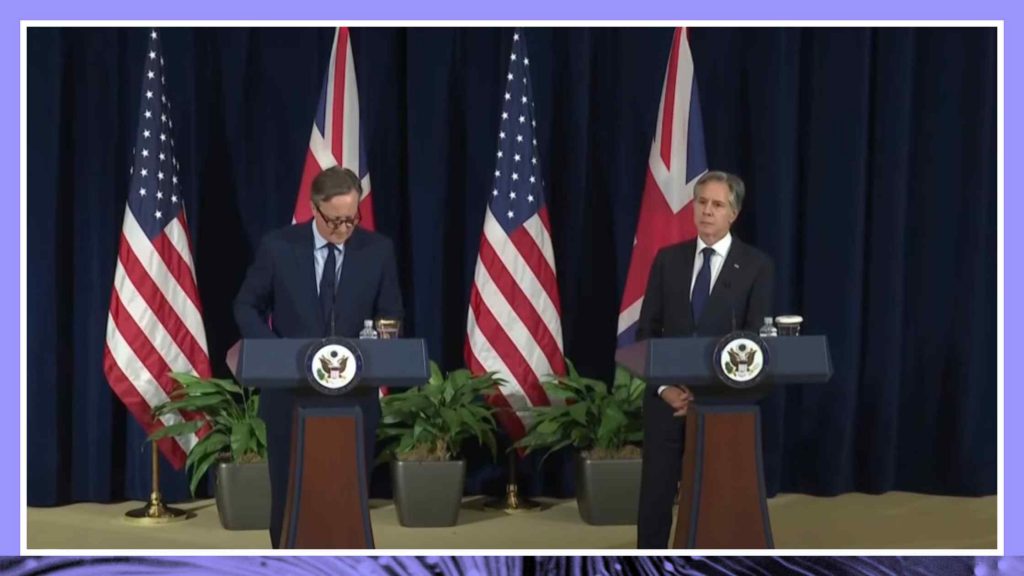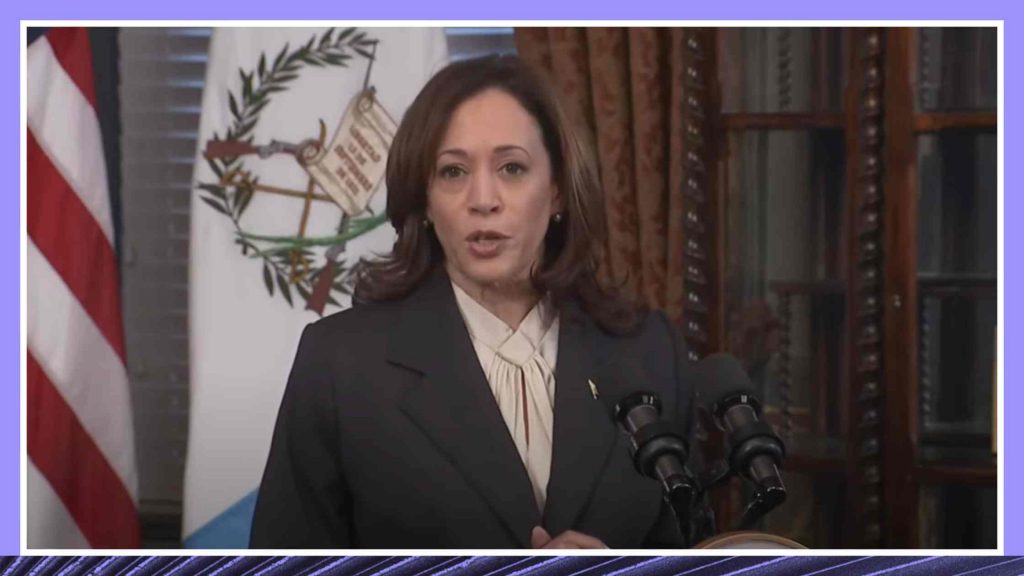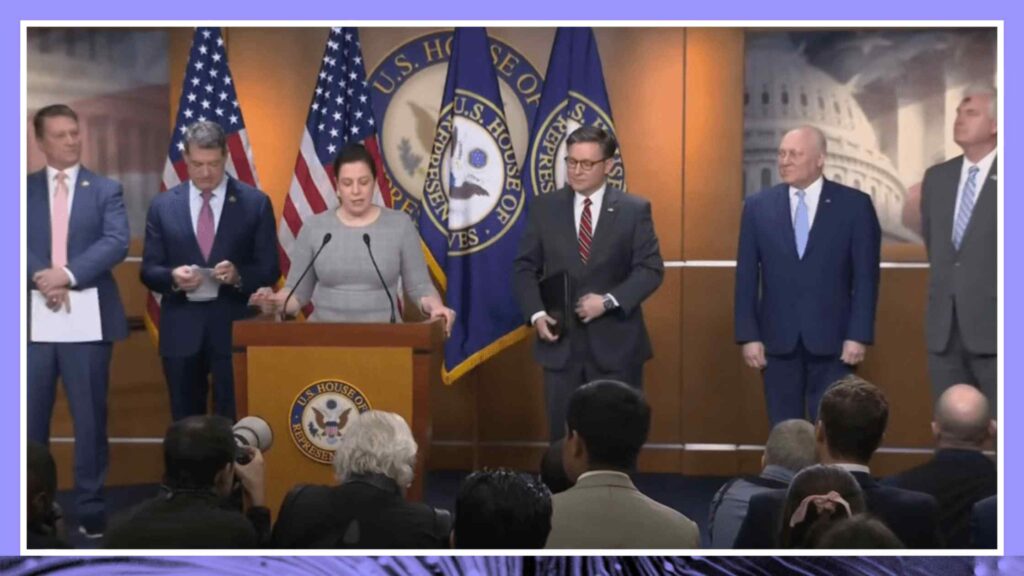Dec 4, 2020
Justin Trudeau December 4 COVID-19 Press Conference Transcript

Canadian Prime Minister Justin Trudeau gave remarks on COVID-19 on December 4. Read the full transcript of his press briefing speech here.
Transcribe Your Own Content
Try Rev and save time transcribing, captioning, and subtitling.
Justin Trudeau: (00:00)
[foreign language 00:00:02]. We’re headed into the first weekend of December and in many parts of the country, the situation is very serious. Wednesday, Quebec reported a single day record of new cases and across the country, we’re seeing numbers rise. The health minister spoke with her counterparts last night and assured them that the federal government will offer all support needed, especially in Alberta where the numbers are rising alarmingly. Earlier this week, minister Hajdu had a bilateral conversation with Alberta health minister, Tyler Shandro. We will do whatever is necessary to help all provinces and territories deal with these outbreaks and get this situation under control.
Justin Trudeau: (00:45)
Across the country, cases are too high and hospitals are filling up and when hospitals fill up, everyone suffers the consequences, not just those with COVID-19. We all know healthcare workers who are tired, who are stretched out, who are doing overtime. Canadians with surgeries are getting canceled and people can’t visit their loved ones in hospitals when they do go into hospital. This is what’s at stake. This is why we all need to do our part. Now is not the time to blame one another or point fingers, now is the time for us to keep working together. [foreign language 00:01:26].
Justin Trudeau: (02:44)
Health Canada’s independent review of the Pfizer BioNTech vaccine is ongoing and regulators are working around the clock. Let’s also remember that Canada’s deal with Pfizer is just one of many. We also have agreements with six other promising vaccine manufacturers, including Moderna and AstraZeneca Oxford. The National Operations Center is working closely with the provinces and territories every day. The center will be managing and tracking the distribution of vaccines once they are authorized. Yesterday, major general, [foreign language 00:03:21] briefed the media and talked about how military expertise will be key to our vaccine rollout plan. For the first vaccines that could be authorized for use or for what we call track one, specific logistics will be required to keep the doses at very, very cold temperatures. The Canadian armed forces is already holding simulation tests of this distribution plan with a series of exercises and run throughs.
Justin Trudeau: (03:50)
Freezers have been purchased and dry ice contracts for cold shipping are being put in place. When vaccines get authorized and shipped, we’ll be ready. Protecting you and your family and defeating COVID-19 is our top priority. Every Canadian deserves to be safe, and that includes the seniors who helped build this country. We’ve seen over the past many months, far too many terrible tragedies in seniors’ residences. We need to do better for our parents, for our grandparents and for elders across the country. Through the safe restart agreement, the federal government has already provided $740 million to help provinces and territories address the immediate needs of vulnerable populations like those in longterm care. And this week, deputy prime minister Freeland presented the fall economic statement in which we are committing up to a billion dollars for a safe longterm care fund. This fund will help provinces and territories carry out infection prevention, improve ventilation and hire staff, or top up existing employees wages. We are ready to keep doing our part for seniors and for all Canadians. [foreign language 00:05:11].
Justin Trudeau: (06:30)
This morning, we learned that Canada’s labor market gained another 62,000 jobs in November. This means 2.4 million Canadians have returned to work after they lost their jobs during the pandemic. We’re making progress, but there’s still much more work to be done. This is a tough time for everyone, and the small business owners at the heart of our communities are no exceptions. The small business owners are our neighbors and our friends. They’re incredibly hardworking, devoted people. They’re there at the heart of our communities, there at the foundation of our economy. And this is the time where we need to be there for each other. We need to be there for everyone. Since the spring, the Canada Emergency Business Account has helped almost 800,000 small businesses right across the country. This program has made a real difference and people still need this support, and that’s why we are now expanding CEBA.
Justin Trudeau: (07:34)
Starting today, if they need it, eligible small businesses can access a second CEBA loan of up to $20,000 on top of the initial $40,000 that was already available to them. And again, $10,000 of this additional financing will be forgivable if repaid by the end of 2022. These measures will protect jobs, make sure the local businesses that we love don’t have to close for good. So I’m calling on everyone to do their part in this holiday season that is a moment for generosity, everyone’s trying to care for their loved ones. Try and make sure you’re also supporting local businesses and ordering takeout from local restaurants. Your local business owners are adapting, are getting creative, are figuring out ways to continue to serve you. So we need to do our part as Canadians to lean on each other, to be there for each other and to support everyone as we get through this pandemic. [foreign language 00:08:41].
Justin Trudeau: (10:40)
Before we end today, let me take a moment to talk about our introduction yesterday of bill C15. Legislation to implement the United Nations declaration on the rights of Indigenous peoples. On this I want to recognize Minister Lametti, Minister Bennett and their teams, but more importantly, Indigenous leaders and partners who have worked tirelessly for decades in the efforts that led to this legislation. Bill C15 mandates the federal government in consultation and cooperation with Indigenous peoples to take all measures to ensure that the laws of Canada are consistent with the declaration. This is a momentous step forward on the path of reconciliation as we work together to build a better Canada for everyone. Our government is committed to seeing this bill reach the finish line within our mandate and I call on all parliamentarians to help make this a reality. [foreign language 00:00:11:43].
Speaker 2: (11:43)
Thank you, Prime Minister. We’ll now turn to the phone for questions from media. So one question one followup over to you operator.
Speaker 3: (11:51)
Thank you, [foreign language 00:11:53]. For questions, please press star one on your device’s keypad. [foreign language 00:12:00].
Speaker 4: (11:56)
[foreign language 00:12:07].
Justin Trudeau: (11:56)
[foreign language 00:12:16].
Speaker 4: (11:56)
[foreign language 00:13:01].
Justin Trudeau: (11:56)
[foreign language 00:13:33].
Speaker 2: (11:56)
[foreign language 00:14:41], operator.
Speaker 3: (13:30)
Thank you. [foreign language 00:14:45].
Speaker 5: (13:30)
[foreign language 00:14:51].
Justin Trudeau: (15:45)
[foreign language 00:15:37]. I’m not going to comment on those reports. Canadians know well that our top priority is the safe return of the two Michaels.
Speaker 3: (15:54)
[foreign language 00:15:57].
Speaker 5: (15:54)
[foreign language 00:16:01].
Justin Trudeau: (16:56)
[foreign language 00:16:42]. We are always extremely concerned with gender-based violence, with exploitation of minors, with child pornography, we’re going to continue to work with police agencies and security agencies and all means possible to ensure that all Canadians are kept safe.
Speaker 2: (17:22)
Thank you, Prime Minister. Next question operator.
Speaker 3: (17:24)
Thank you. [foreign language 00:17:30]. Next question, Ben Andrews, Carlton University. Line open.
Ben Andrews: (17:35)
Will the government commit to a new timeline for ending longterm boil water advisory?
Justin Trudeau: (17:42)
Ending longterm boil water advisories has been a priority for this government from day one. The fact that in too many Indigenous communities across the country, degraded infrastructure and lack of opportunities have led to decades in some cases of boil water advisories has long been unacceptable. We have moved forward on lifting close to 100 longterm boil water advisories. And in this recent fall economic statement, we are demonstrating further commitment to continue to accelerate the hard work that needs to be done right across the country with an extra one and a half billion dollars. There are situations in which COVID-19 has interfered with our ability to work hard to get these new installations in, but we’re continuing to redouble our efforts because it is unacceptable that any Canadian across the country not have access to safe, clean drinking water. [foreign language 00:18:45].
Speaker 2: (19:30)
And a followup question Ben.
Ben Andrews: (19:33)
Do you think the additional 1.5 billion will be enough to cover all remaining communities?
Justin Trudeau: (19:39)
We’re going to continue to work until these communities are properly served. We will do it as quickly as possible, and we will devote the necessary resources to do that. One and a half billion dollars more will make a further difference, but we will continue to do whatever it takes in order to end these boil water advisories for good.
Mike Blanchfield: (20:03)
Hello, Prime Minister. I’m Mike Blanchfield with Canadian Press. Going back to the Meng Wanzhou case. Again, I think we all understand you don’t want to say anything that could imperil the two Michaels, but Michael Kovrig and Michael Spavor will have been in prison for two years come this Thursday. Do you think it’s time to look at fresh approaches on trying to solve this issue and have you talked to Joe Biden directly about bringing a fresh perspective to the American prosecution of this case when he assumes power to perhaps maybe reconsider whether or not they want to keep pursuing this extradition?
Justin Trudeau: (20:36)
For almost two years, we’ve been working extremely hard to bring home these two Michaels. It is an absolute priority for the government. I won’t be commenting on any of the recent reports.
Speaker 2: (20:47)
[foreign language 00:20:48].
Justin Trudeau: (21:24)
[foreign language 00:20:50].
Speaker 8: (21:26)
[foreign language 00:21:02].
Justin Trudeau: (21:26)
[foreign language 00:21:12].
Speaker 2: (21:26)
English please.
Justin Trudeau: (21:28)
I think we’re going to continue to work as hard as we possibly can to bring these to Michael’s home. It’s been extremely difficult for them, for their families and their loved ones. We will continue to stand up for Canadians in difficulty anywhere around the world.
David Akin: (21:42)
David Akin, Global News. Good morning, Prime Minister. On vaccines. I wonder if you could bring us up to date on discussions, federal provincial discussions on the allocation of vaccines. Tell us where First Nations will fit into this, and whether you you’ll commit to publishing the allocation tables once you’ve come to agreement and finally, when will you come to an agreement on that?
Justin Trudeau: (22:01)
Dr. Tam will be releasing further information on the guidelines established by top experts across the country on prioritization. Obviously, we’re going to be there to support and put as a priority the most vulnerable across the country. And we’re establishing those guidelines, which include populations we’ve talked about already. Longterm care residents, the elderly Indigenous peoples. These are the priority lists that we’ve worked on altogether, and it’ll be up to the provinces to apply those guidelines. [foreign language 00:22:40].
Speaker 10: (23:26)
The online petition, E-petition sponsored by MP. Derek Sloan has been controversial, you’ve probably heard about it. It’s the number one E-petition on the commons website. 25,000 Canadians have signed this. So whatever you might think of that petition, that seems to me that the government of Canada and provinces have a big communications challenge about getting people to sign onto the vaccine. Is there going to be a budget for it? Can you talk about what plans will be in place to convince Canadians that taking the vaccine protects us all?
Justin Trudeau: (23:56)
First of all, the work that Health Canada is doing to ensure that every vaccine that is improved is safe for Canadians is uncompromising. There are no corners cut. There are measures put in place to ensure that any vaccine we distribute to Canadians will be safe for Canadians. Canadians can have confidence in our medical professionals, in our scientists, in our researchers who are doing everything they can to keep Canadians safe, both from this pandemic and from other challenges as we move forward. It is extremely important that support for scientists and doctors and health professionals and local public health authorities continues to be shared. And that’s why it behooves every parliamentarian to stand up for science, to support the work of our experts who are working extremely hard to keep Canadians safe.
Tom Perry: (25:01)
Hi, Prime Minister. Tom Perry, CBC. India today called in Canada’s high commissioner to complain about remarks that you made about the farmers protest in that country. There’s warnings that a you’ve damaged relations between India and Canada. I’d like to get your response to that.
Justin Trudeau: (25:16)
Canada will always stand up for the right of peaceful protest anywhere around the world. And we’re pleased to see moves towards deescalation and dialogue.
Tom Perry: (25:27)
Anything more? I mean, are you worried about damaging relations between India and Canada?
Justin Trudeau: (25:31)
Canada will always stand up for the right for peaceful protests and for human rights around the world.
Kevin Gallagher: (25:37)
Prime Minister, Kevin Gallagher, CTV National News. Alberta’s asking for help, Red Cross, field hospitals, federal assistance. But during this pandemic, there’s also been a different approach taken by the province, leaning more on individual responsibility, pro-business type of stance. What federal help is coming to Alberta and will there be any conditions that might persuade the province to put more strict restrictions for public health measures?
Justin Trudeau: (26:07)
The job of the federal government from the beginning has been to be there to support Canadians right across the country. We did that with income supports right away, we did that with supports for small businesses, including wage subsidies, commercial rent assistance, and now expanding the small business account CEBA with even more money for businesses that are struggling. We also did that so that public health authorities could find it slightly easier to make the difficult decisions on bringing in restrictions where needed. But every step of the way, our job has not been to direct the provinces or judge the provinces, it has been to be there to support them. And we will be there to support the people of Alberta, just like we’re there to support people right across the country. Every step of the way, the position of the federal government has been, how can we help to the provinces and territories and it will continue to be so. Okay. [foreign language 00:27:13].
Transcribe Your Own Content
Try Rev and save time transcribing, captioning, and subtitling.






